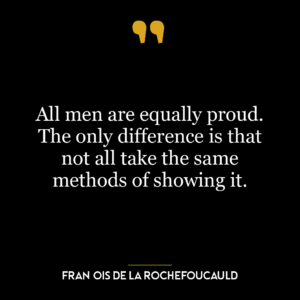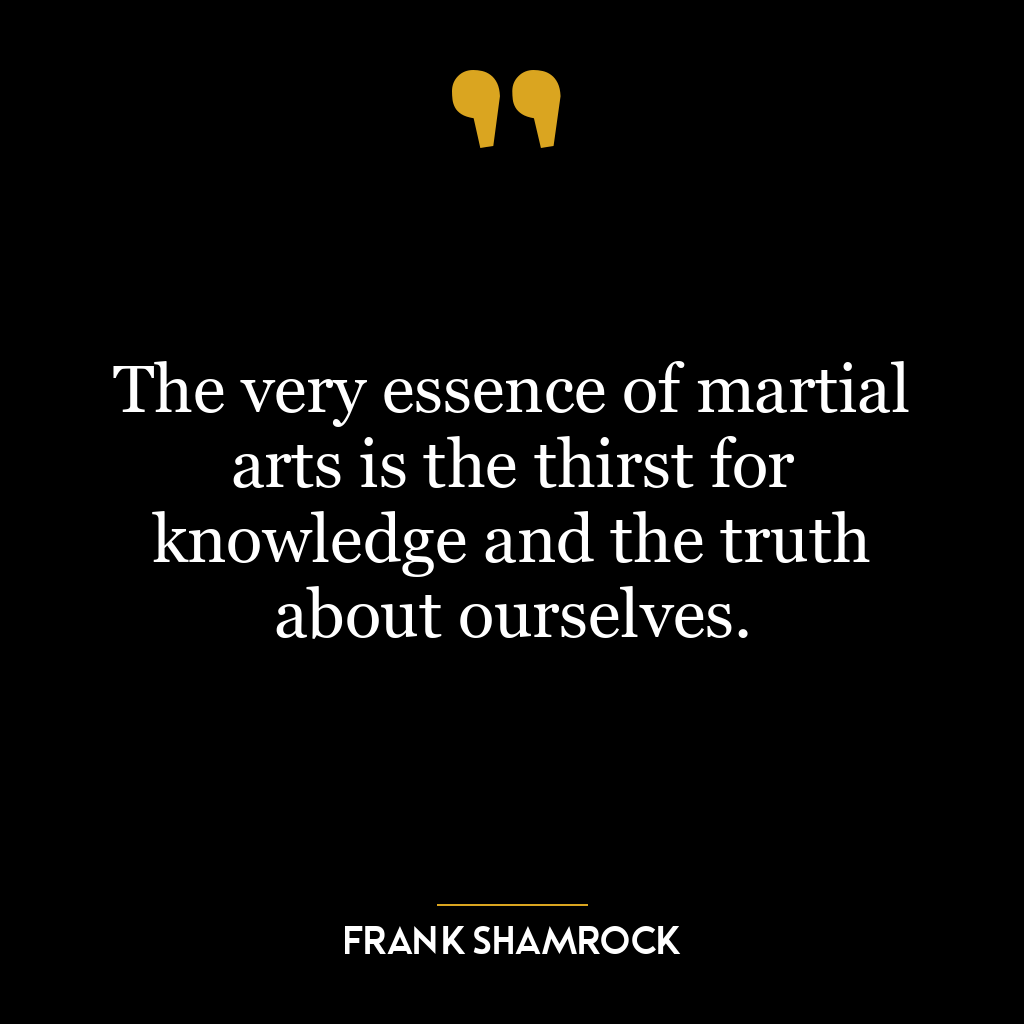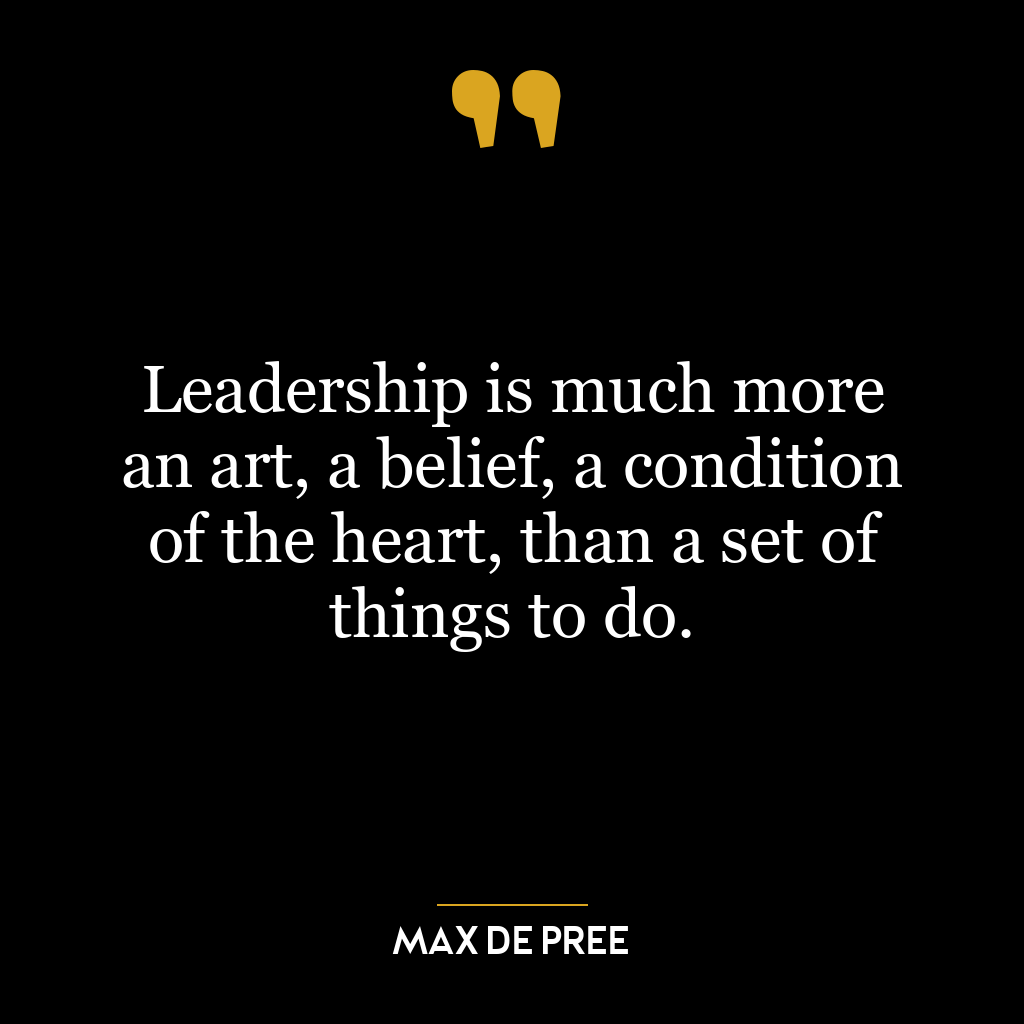This quote suggests that understanding one’s thoughts and ideas does not necessarily equate to understanding one’s emotions and feelings. In other words, intellectual self-awareness does not automatically mean emotional self-awareness. Someone might be very clear about their opinions, beliefs, and thoughts, but still struggle to understand their own feelings and emotional responses.
The heart, metaphorically speaking, is often associated with emotions, passion, and desires, while the mind is associated with rationality, logic, and intellect. La Rochefoucauld is pointing out that these two realms of human experience, though interconnected, require different kinds of self-awareness and understanding.
In today’s world, this concept is highly relevant. In a society that often values intellect over emotions, individuals may be more inclined to know their minds rather than their hearts. This could lead to a lack of emotional intelligence, which is the ability to understand, use, and manage your own emotions in positive ways. Emotional intelligence is crucial for building strong relationships, achieving career success, and maintaining mental health.
In terms of personal development, this quote emphasizes the importance of cultivating both intellectual and emotional self-awareness. Understanding your own mind – your thoughts, beliefs, and attitudes – is crucial. But it’s equally important to understand your own heart – your feelings, passions, and emotional responses. This balance can lead to a more fulfilling, authentic life.
For instance, someone might realize they are in a job that they excel at intellectually, but it doesn’t fulfill them emotionally. This could be a sign that they know their mind (they are good at their job), but not their heart (they are not passionate about their work). In this case, understanding this quote could lead them to seek a career that satisfies both their mind and their heart.












